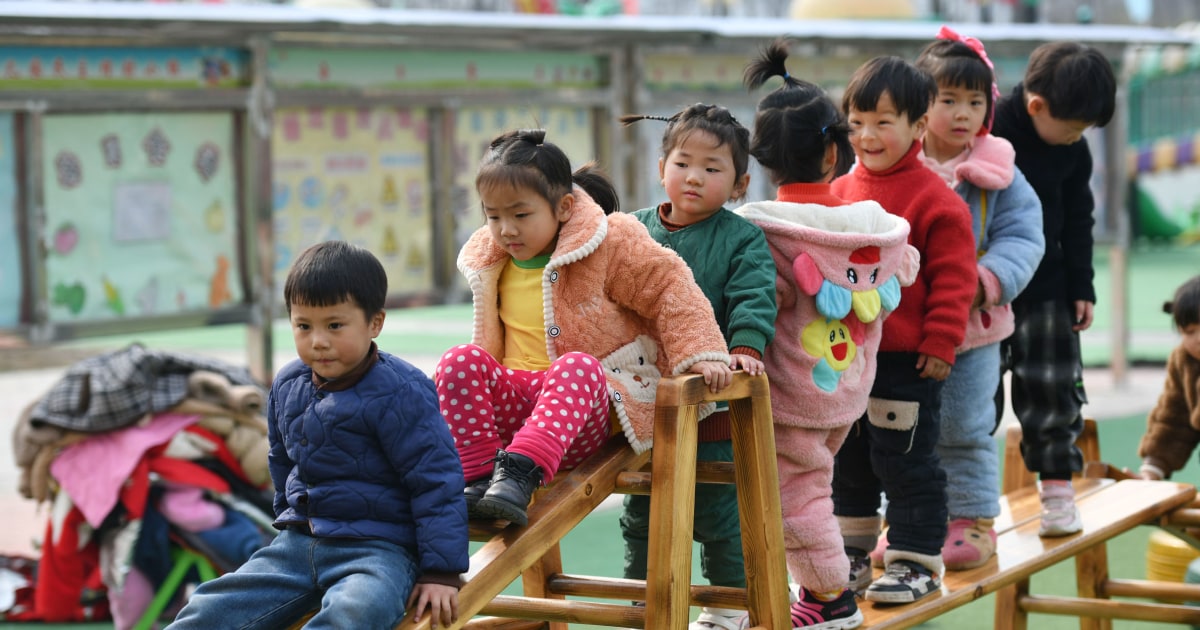The number of births in China tumbled 10% last year to hit their lowest level on record, a drop that comes despite a slew of government efforts to support parents and amid increasing alarm that the country has become demographically imbalanced.
China had just 9.56 million births in 2022, according to a report published by the National Health Commission. It was the lowest figure since records began in 1949.
The high costs of child care and education, growing unemployment and job insecurity as well as gender discrimination have all helped to deter many young couples from having more than one child or even having children at all.



We’re going to have to figure out how to make economies work with stable or decreasing populations.
I get the basic premise of why growing populations are deemed necessary by economists. It’s simple, I don’t need another lecture from all you proud economy 101 grads.
But it’s simply unsustainable. We have too many damn people on the planet as it is. We need to discourage population growth.
For future generations.
Having continuous population growth leads to continuous economic growth. But…
You can also achieve that by squeezing more economic productivity out of fewer people, by continuously improving education, diversity of thought, legally protecting creativity, fostering small businesses through seed money and tax incentives, and lots of other stuff.
We have already been scaling the amount of productivity that comes out of a population since the invention of the steam engine and the factory line. Digital automation, AI and robotics are expected to keep that trend going for a long time.
Not to mention, that it’s easier now to operate productively in areas of less dense population. Previously small towns would die, but with clever infrastructure that supports broadband everywhere, public transportation, self-driving vehicles, drone delivery, additive manufacturing (3d printing), virtual presence through XR, and so on, you can operate a rural population like a big productive city, and get the benefits of both.
And at the end of the day, if your economy doesn’t grow, it just means that wealth in the country doesn’t grow.You can maintain that indefinitely. Or if an economy shrinks, society doesn’t come collapsing down until everyone gets poor enough that bribery and corruption overcome lawfulness. But if the society was already wealthy, that will take a long time, and you can mitigate it by doing things like spreading out concentrations of wealth among the population (taxing the rich), increasing immigration, and adopting socioeconomic sustainability planning approaches.
The concept of desiring continuous economic growth needs to die.